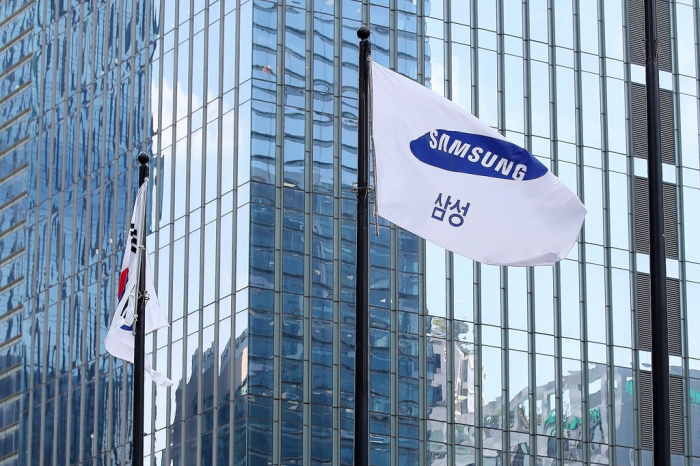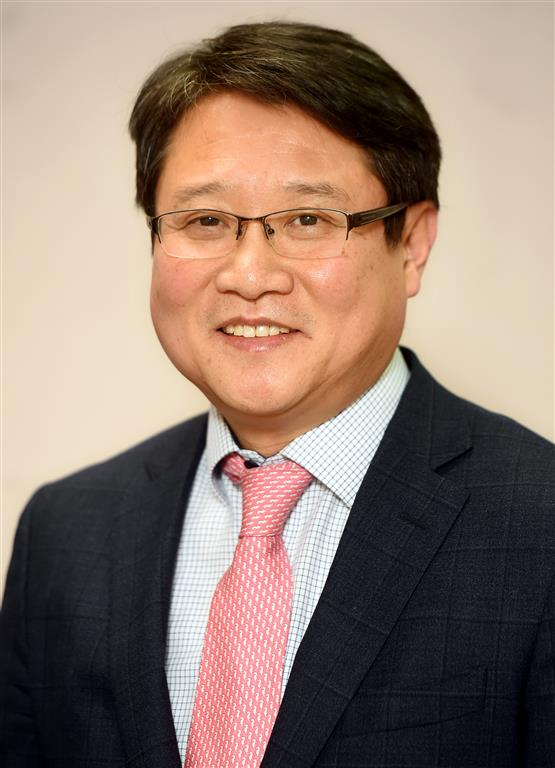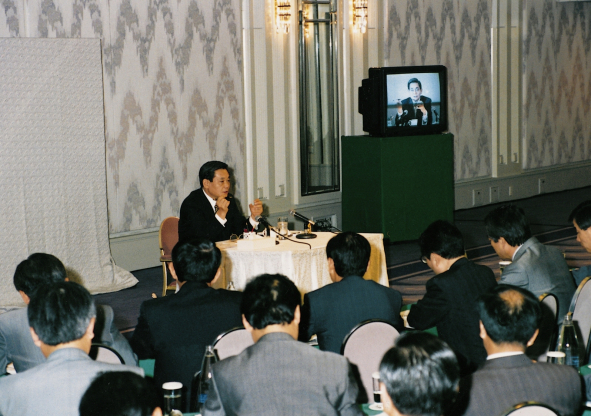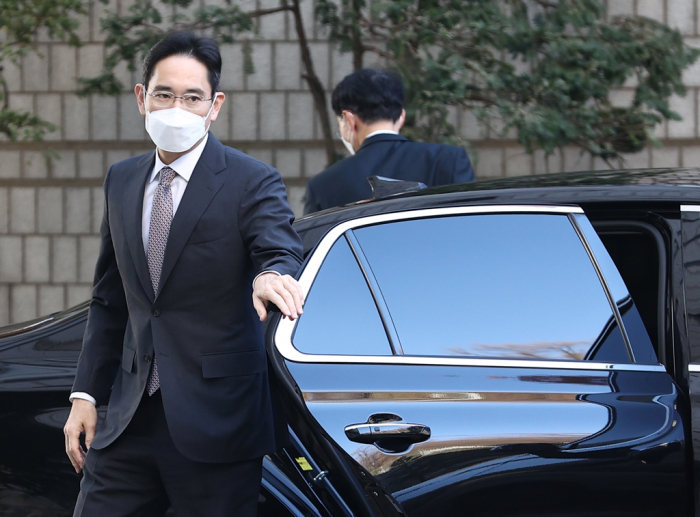The KED View
Time for Samsung to get another Fukuda Report
Despite calls for the new government to pardon Jay Y. Lee, Samsung executives must keep in mind a sense of crisis to move forward
By May 10, 2022 (Gmt+09:00)
4
Min read
Most Read
LG Chem to sell water filter business to Glenwood PE for $692 million


Kyobo Life poised to buy Japan’s SBI Group-owned savings bank


KT&G eyes overseas M&A after rejecting activist fund's offer


StockX in merger talks with Naver’s online reseller Kream


Mirae Asset to be named Korea Post’s core real estate fund operator



Eight years ago today, the late Samsung Group leader Lee Kun-hee collapsed at his home following a heart attack, a harbinger of doom six years later.
Lee, arguably one of South Korea’s greatest business leaders, died in October 2020, when a Financial Times' obituary heralded him a visionary.
His death made headlines in almost all major global media outlets, which focused on how Lee's management style changed Samsung from a copycat follower to a leading global technology giant.
Eight years on from that first collapse, Lee is still missed dearly.
What’s happening now at Korea’s top conglomerate is something that people could hardly imagine back then, when the late leader was in charge. As some pundits put it, one misfortune rides upon another’s back at Samsung.
Last month, some 2,000 users of the Samsung Galaxy S22 smartphone filed a class action suit against Samsung Electronics Co., alleging that the company deceived consumers by concealing a key game-related function from them.

Samsung, the world’s largest smartphone and memory chipmaker, is also losing its major foundry clients such as Nvidia Corp. and Qualcomm Technologies Inc. to archrival Taiwan Semiconductor Manufacturing Co. due to chip yield problems.
FUKUDA REPORT
The recent series of mishaps reminds people of the famous episode in 1993 when the so-called Fukuda Report triggered Lee Kun-hee to change the way work was done at the conglomerate.
The report refers to a Samsung business analysis written by Tamion Fukuda, a design advisor to the then-Samsung Group chairman.
The report bitterly criticized Samsung executives’ business practices that copied best-selling products made by Japanese companies. Continuing this way, Samsung would never rise to a top-tier level, the report concluded.
Fukuda is said to have conveyed his report directly to Lee after his submission to his immediate bosses was denied three times. Eventually, Lee read it on a business flight from Tokyo to Frankfurt.
This marked the beginning of Lee's trademark business strategy, the New Management Initiative, credited for mapping the group's transition from quantity to quality and its emergence as a global technology powerhouse.
His famous quote, “Change everything but your wife and children,” epitomizes his determination to bring in change – an initiative widely known as Lee’s Frankfurt Declaration.

What would he say to the recent quality issue if he were alive today?
In 1995, when Lee found more than 150,000 Samsung mobile phones defective, he ordered employees to take them to an open space and set them on fire with around 2,000 employees watching. It was shock therapy, to say the least. But it worked.
The former leader’s high standards for quality management served as a foothold for what Samsung is today – a global household name from smartphones to TVs and other home appliances.
A SENSE OF CRISIS
On April 28, Samsung Electronics posted record quarterly sales for the third consecutive quarter. Nevertheless, its shares fell to a fresh 52-week low on the same day as investors questioned the tech giant’s business outlook amid a top leadership vacuum.
Samsung’s whopping 2021 sales of 280 trillion won ($220 billion) is close to half this year’s Korean national budget of 608 trillion won, allowing many Samsung executives to be complacent.

Rather, a sense of urgency is felt at the rank-and-file level.
Recently, a Samsung chip engineer with five years' work experience sent an email to Vice Chairman Lee Jae-yong, also known by his English name Jay Y. Lee, and Samsung’s semiconductor business chief Kyung Kye-hyun.
In the email made public on his blog, the engineer complained about the company approach and bureaucratic work style pervasive at Samsung, saying that “Never before I’ve felt a sense of crisis so poignantly.”
Today, Yoon Suk-yeol was sworn in as South Korea’s new president, vowing to rebuild the nation and revitalize the domestic economy.
While the new government is being urged to pardon Jay Y. Lee, the de facto leader of Samsung Group, for the sake of the local semiconductor industry, the conglomerate is also required to do what it must as a global tech giant.
As stated in Lee Kun-hee’s book, "33 Lessons on Business Leadership," the first thing a business leader must keep in mind is a sense of crisis.
It’s time for Jay Y. Lee and other top Samsung executives to get another Fukuda Report.
Write to Seong-Min Yoon at smyoon@hankyung.com
In-Soo Nam edited this column.
More to Read
-
 The KED ViewCan Samsung Electronics ever catch up to foundry leader TSMC?
The KED ViewCan Samsung Electronics ever catch up to foundry leader TSMC?May 03, 2022 (Gmt+09:00)
4 Min read -
 Korean stock marketSamsung Electronics shares rebound as foreigners turn net buyers
Korean stock marketSamsung Electronics shares rebound as foreigners turn net buyersApr 29, 2022 (Gmt+09:00)
2 Min read -
 EarningsSamsung’s stock underlines cloudy outlook despite record Q1
EarningsSamsung’s stock underlines cloudy outlook despite record Q1Apr 28, 2022 (Gmt+09:00)
4 Min read -
 Samsung GroupWhy Lee Kun-hee wouldn't rest, despite global success
Samsung GroupWhy Lee Kun-hee wouldn't rest, despite global successOct 29, 2020 (Gmt+09:00)
3 Min read
Comment 0
LOG IN


